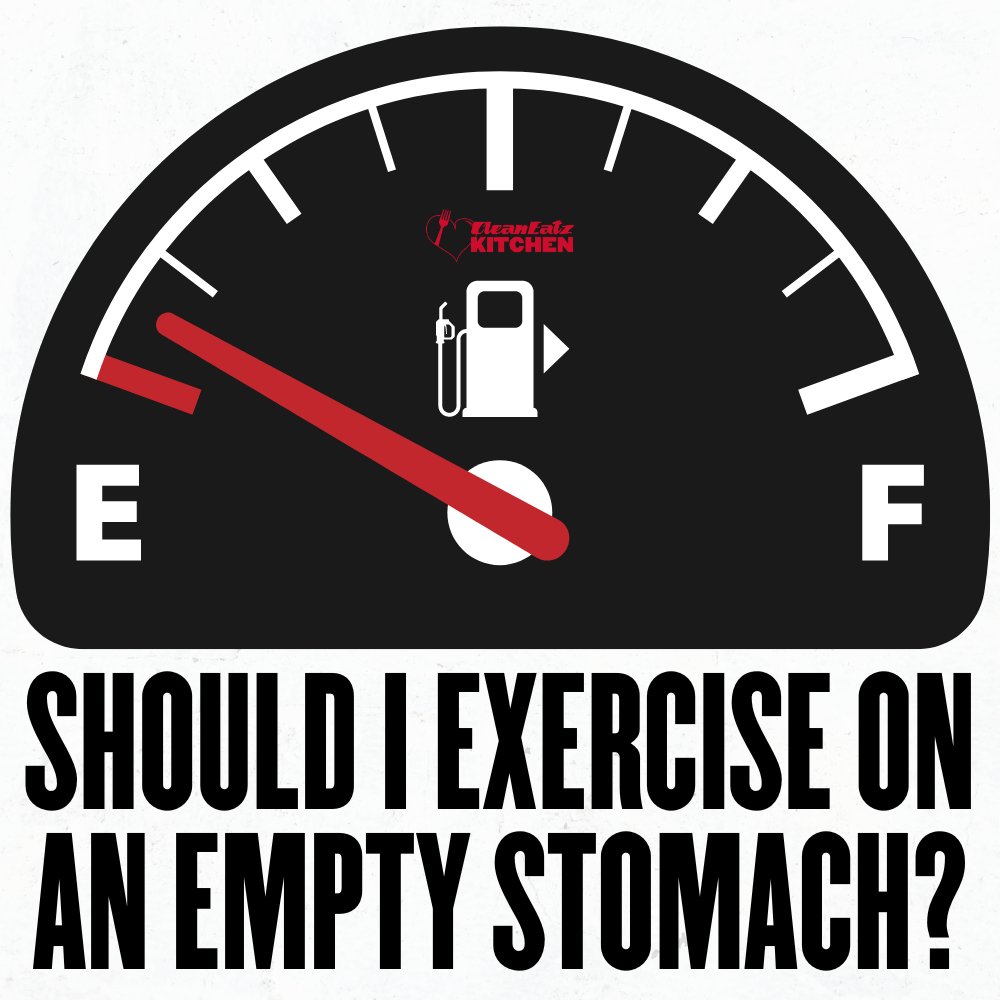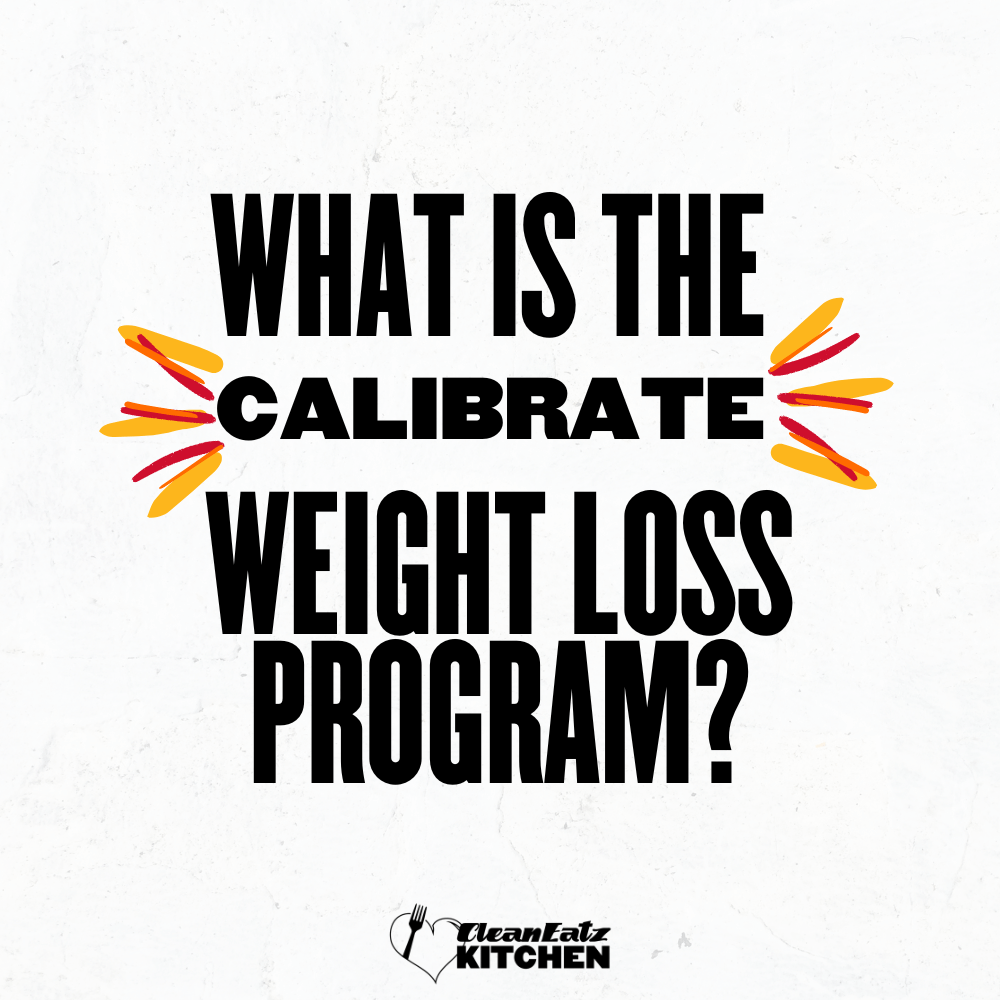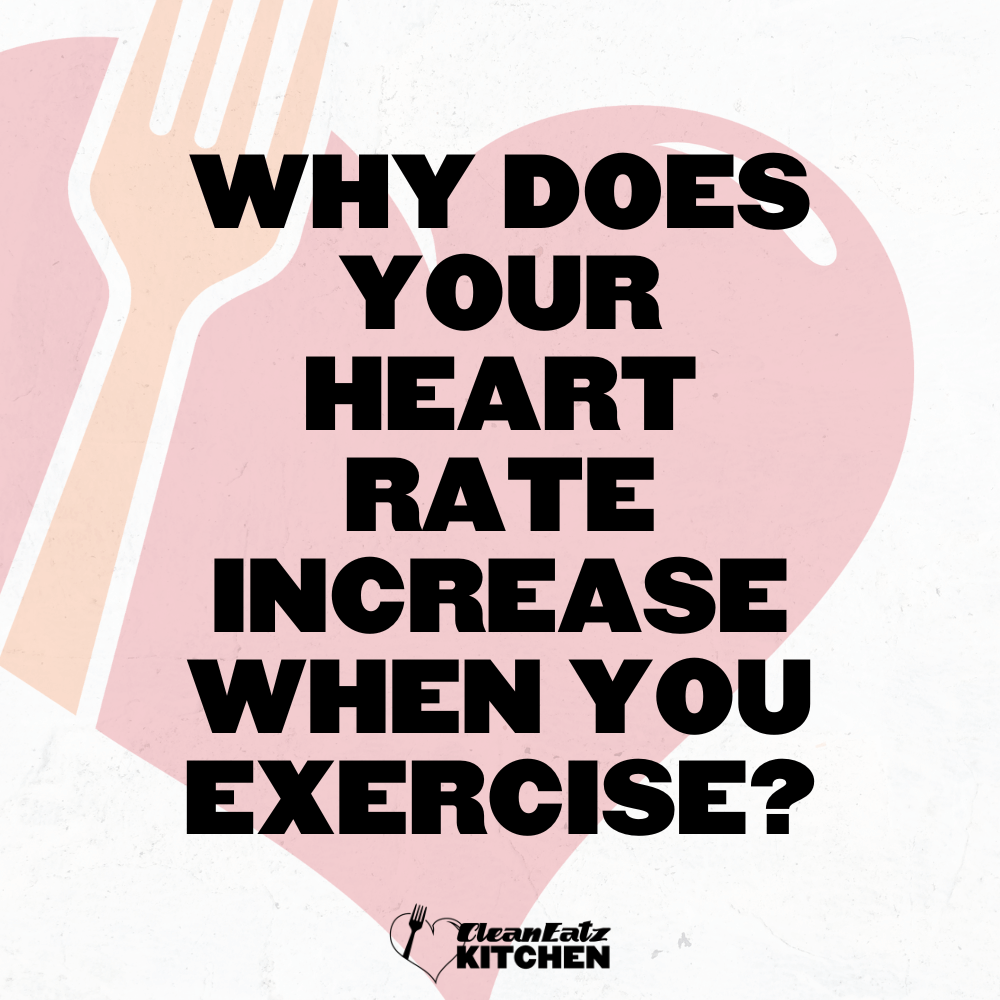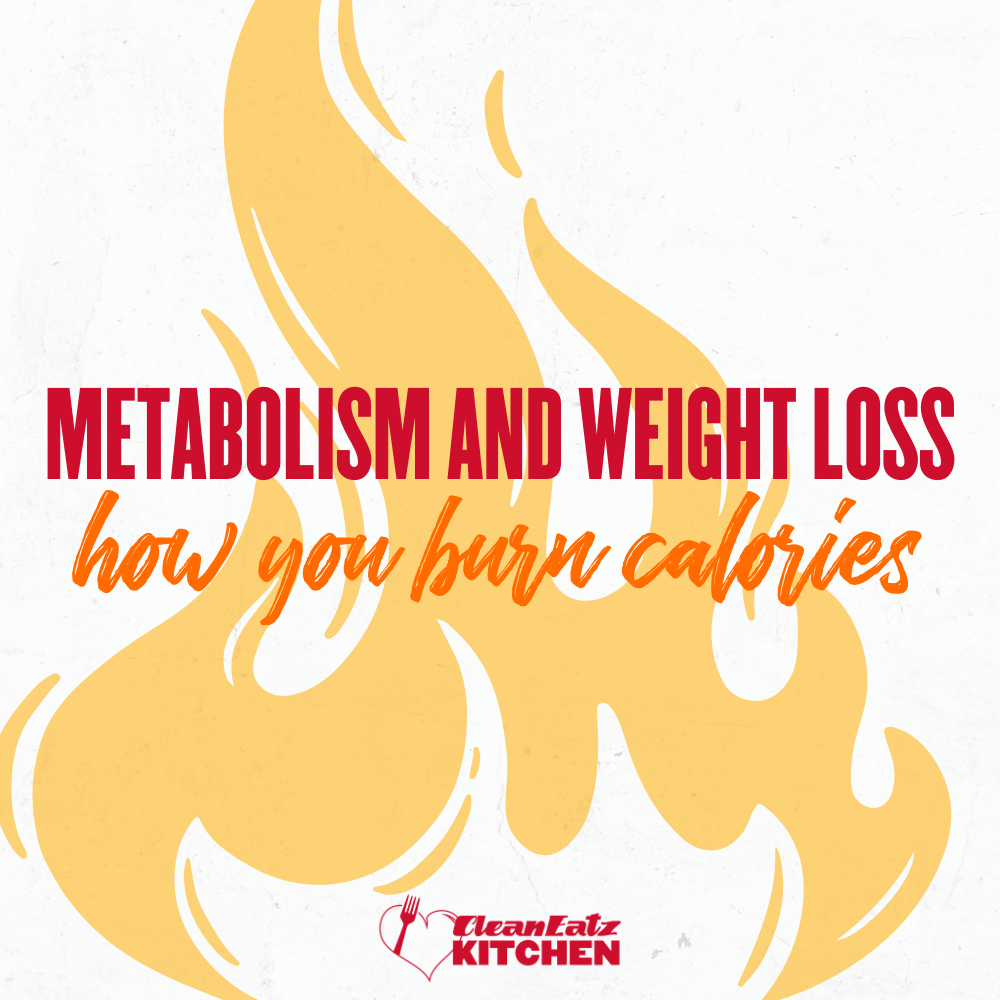
Is It Better to Exercise on an Empty Stomach?
Jason Nista
Nutrition
|
Exercises & Fitness
|
Healthy Lifestyle
15 minute read
Is it better to exercise on an empty stomach? Have you ever heard the advice to exercise on an empty stomach? If so, you may be wondering whether it's worth a try. After all, exercising can help you get in shape and reach your weight loss goals, so it makes sense that doing it on an empty stomach could help maximize those benefits.
However, some factors must be considered before exercising without eating. So let's take a closer look at why you should (or shouldn't) exercise on an empty stomach.
Low-Intensity Exercise Is Better on an Empty Stomach
Is it better to exercise on an empty stomach? If you’re looking to burn fat while exercising on an empty stomach, low-intensity workouts like walking, light jogging, stretching, yoga, and pilates are your best bet. That's because when you don't eat before a low-intensity workout, your body will use stored fat as its primary energy source instead of relying on glucose from food. This can help you burn fat and reach your weight loss goals more efficiently.
Not only does exercising on an empty stomach burn more stored fat, but research shows that individuals who work out this way have higher Human Growth Hormone (HGH) levels. Elevated HGH levels are associated with greater potential for burning fat and growing muscle mass!
When Not To Exercise on an Empty Stomach
For example, people with diabetes or high blood pressure should avoid working out without eating because their bodies may be unable to handle the additional stress of exercising without food. A keto meal delivery service provides great options for healthy meals to eat before exercise, ensuring you have the necessary energy while adhering to your dietary preferences and needs, with the convenience of a keto meal plan delivery.
It's also essential for pregnant women to eat something before working out to keep their blood sugar levels stable and ensure they have enough energy for their workouts. Finally, suppose you're planning a high-intensity activity like running or weight lifting. In that case, it's best to eat something beforehand to fuel your body and ensure you have enough energy for the duration of the workout.
Best Time of Day To Exercise on an Empty Stomach
If you've ever wondered when the best time of day to exercise is, you're not alone. In recent years, many fitness experts have suggested that exercising on an empty stomach in the morning can provide some unique advantages. However, it is important to note that this suggestion does not apply to all forms of exercise.
Specifically, bodybuilding and weight lifting should never be done on an empty stomach—but light-weight exercises and cardio can be beneficial when done first thing in the morning. So let's take a closer look at why exercising on an empty stomach might be the right choice for you in the morning hours.
Energy Boosting Effects
One of the primary reasons people choose to exercise in the morning is because of its energizing effects. When you work out first thing in the morning without having eaten anything since dinner (or even breakfast) the day before, your body enters a state known as "fasted-state training."
This helps to maximize your body's use of fat stores for energy—which can lead to better results from your workout routine. Additionally, this "pre-workout fasting" has been proven to increase mental clarity and focus during your workout—helping you get better results and making workouts more enjoyable because they are easier to stay focused on!
Weight Loss Benefits
In addition to providing a mental and physical energy boost, exercising on an empty stomach can also help with weight loss. This is because when you work out before eating breakfast or any other meal, your body is forced to use stored fat for energy instead of relying on food from your last meal.
This means that over time, regular fasted-state training can help promote healthy weight loss while helping with overall health and wellness goals. Additionally, this type of exercise has been linked to improved insulin sensitivity—which helps regulate blood sugar levels and prevents serious health issues such as diabetes or heart disease later on down the road.
Is it Harmful to Work Out Right After a Meal?
When performed soon after a large meal, exercise can cause the following health consequences.
- Stomach pain
- Cramping
- Reflux
- Bloating
On top of that, it will hinder your performance in the gym. Some people are okay with it, so it's not a universal problem. Even so, it is wise to take the precautionary approach.
It is in your body's best interest to be allowed some time for undisturbed gastric emptying as well as the absorption of nutrients and water.
Results from a study show that endurance athletes frequently struggle with digestive issues that prevent them from reaching peak performance.
It's common to experience stomach pain if you work out soon after eating. You can get something light and wait for your stomach to lighten up until it's okay to start exercising if you know you typically lose steam in the middle of a workout.
Indeed, you should eat something before heading to the gym. Make sure you plan your meals for a day at the gym and know how much and when you should eat.
To ensure you have enough energy for your workout, eat a light sandwich, energy bar, or meal replacement before you start.
But before you grab a bite to eat, consider whether you really need it. Eating before exercise is optional as long as you have adequately been up for the day.
How Long Should I Wait After Eating Before Exercising?
How long to wait after eating to workout? Here are some recommendations based on those numbers and research from the International Society of Sports Nutrition:
- Only work out for at least three to four hours after a big meal.
- Wait at least 1 to 2 hours after a light meal before getting some exercise.
- Wait half an hour to an hour after eating a light snack before going for a run.
This is some general advice, so keep that in mind. Therefore, pay attention to your body's cues about when to exercise.
What is the Best Pre-Workout Meal or Snack?
The larger the meal you consume, the longer it will take for your body to digest, which means you should wait longer before engaging in physical activity.
Additionally, the time it takes to digest a meal is influenced by the components that make up the meal.
What you eat before a workout is determined by how much time you have until your training begins and how intense your workout will be. However, good eating habits before, during, and after exercise can boost your workout's efficacy and facilitate faster recovery.
A balanced meal should be consumed three to four hours before a moderately intense, one-hour workout. It usually consists of a variety of the following:
Complex carbohydrates
Energy-rich complex carbohydrates can be found in whole grains, beans, and vegetables. However, they might be better a few hours before a workout because of the time it takes to digest.
Protein
Muscles need protein to repair and grow. Protein can be found in various foods, including lean meats, fish, dairy, beans, and more.
Good fats
There is a need for healthy fats in the diet, and foods like nuts, seeds, and fish provide them. They are best consumed several hours before exercise because, like complex carbohydrates, they take longer to digest. Keto meal delivery plans make it easy to control the intake of healthy fats.
Pre- and Post-Workout Nutrition
The notion that "nutrition is just as important as exercise" in the journey of attaining physical fitness is not just a saying; it's a fundamental truth. When aiming to get in shape, your efforts should extend beyond just hitting the gym or engaging in physical activities. What you choose to fuel your body with before and after a workout holds a significant impact on the outcome of your fitness endeavors.
Pre-Workout Nutrition
Pre-workout nutrition is key for giving you the energy you need to power through your routine. You want to eat something that's going to give you sustained energy, not something that's going to make you feel sluggish or weighed down. Carbohydrates are a good source of sustained energy, so try eating a banana or a piece of toast before your next workout.
Post-workout nutrition
Post-workout nutrition is equally important, as this is when your body is primed to take in all the nutrients it needs to repair and rebuild muscle tissue. Make sure to drink plenty of water and eat a balanced meal with protein and carbohydrates within an hour after finishing your workout. Generally, post-workout nutrition consists of a high-protein diet to help the body recover and build muscles.
What Foods to Avoid Before a Workout?
Pre-workout snacks should be chosen with digestion time in mind; high-fiber, high-protein, high-fat foods take longer to break down. If you want to keep your energy levels stable, limiting sugary foods is a good idea.
Also, knowing how your digestive system responds to certain foods can help you tailor your pre-workout meal plan. The symptoms of acid reflux and heartburn can worsen by consuming certain foods and drinks while exercising. The following are some of them:
- Citrus fruits
- Hot sauces
- Oily and fatty foods
- Chocolate
- Alcohol
Avoiding these foods before working out may alleviate gas and bloating symptoms:
- Sugar alcohols (in sugar-free baked goods, candy, and energy bars).
- Greens like cabbage, broccoli, and asparagus
- Legumes and beans
- Cereals such as wheat and rice
- Carbonated drinks
- Milk and other dairy products
It may take some experimentation to figure out what foods to avoid eating before you work out. Monitor how you respond in the gym after eating different foods. You shouldn't work out after eating something that has upset your stomach.
A Light Exercise After Eating
How long to wait after eating to workout? If you do vigorous activity shortly after eating, you risk pushing your stomach beyond its capacity to withstand the session.
Here are some mild workouts you may try out whenever you find yourself eager to get your body moving or when you simply cannot wait to start your fitness routine.
- In just 15 minutes, yoga can assist your digestion, boost your energy levels, and prepare your body for the day ahead
- Seated spinal twist
- Walking
- High lunge variation
Supplements: Do You Need Them for Better Workouts?
Figuring out the right supplements for your workout can be confusing and overwhelming. The good news is that you don’t necessarily need them—and if you do, there are some general guidelines on what to take.
If you’re looking for an energy boost, consider caffeine tablets or a pre-workout drink. Caffeine boosts your alertness, focus, and metabolism and can help you work out longer and harder. But beware of overdoing it: too much caffeine can cause jitters and stomach issues.
Creatine is another popular supplement to consider as it helps with muscle repair and growth, but it's important to note that it's best taken before or after your workout. Beta-alanine is another supplement that some athletes take for increased strength and endurance by helping the muscles cope with lactic acid buildup. It gives you more energy, which helps to power through those tough workouts.
It’s always a good idea to talk to your doctor before taking any kind of supplement so they can help pick out which ones are best for your body—after all, everyone is different!
When it comes to fueling your workouts, it's important to make sure you're eating the right things. Eating the wrong things can not only make you feel sick but can also make it harder for you to exercise and get the most out of your workouts.
The best way to fuel your workouts is to eat a balanced diet that includes plenty of protein, complex carbs, and healthy fats. If you're not sure what to eat, talk to a nutritionist or dietitian who can help you create a custom diet that will help you reach your fitness goals.
If you’re worried about putting too much effort into developing a balanced diet plan, then Clean Eatz Kitchen has come to your aid! We offer some of the most healthy and delicious meal plans to help you get the most out of your workout plan.
Working Out on an Empty Stomach in the Morning
Exercising on an empty stomach in the morning has numerous benefits. Low-intensity exercise is better on an empty stomach because your body will use stored fat as its primary energy source instead of relying on glucose from food. People with diabetes or high blood pressure should avoid working out without eating because their bodies may not be able to handle the additional stress of exercising without food. It is best to eat food before you do a high-intensity workout. This will help your body have enough energy for the duration of the workout. Exercising first thing in the morning can help your body burn more calories throughout the day. When you work out before eating breakfast, your body is forced to use stored fat for energy instead of relying on food from your last meal—which can lead to healthy weight loss over time. If you're looking to further enhance your health and fitness journey, incorporating a superfoods supplement into your routine could provide essential nutrients and support overall well-being.
Burn More Calories
Exercising on an empty stomach means that you have lower glucose and insulin levels in your bloodstream, which helps your body burn fat more efficiently. In addition, working out first thing in the morning can help your body burn more calories throughout the day. Combining this with a proven weight loss meal delivery service makes it easier to achieve those weight loss goals you've been striving for.
Feel Energized All Day Long
When you wake up, your body is still burning calories from the night before, so when you add exercise into the mix in the morning, it helps increase energy levels throughout the day. Furthermore, regular exercise releases endorphins—the “feel-good” hormones—which can help improve mood and overall well-being. Exercising first thing in the morning can leave you feeling energized and positive all day long!
Increase Motivation and Dedication
Starting your day with a workout sets a tone of dedication and commitment to yourself that will last all day long. Additionally, this sense of accomplishment can motivate you to stick with new healthy habits like eating healthier or drinking more water throughout the day. If nothing else, you can take solace in the fact that you've already completed your workout for the day!
Final Thoughts
Exercising on an empty stomach might be advantageous for those seeking to burn stored fat more effectively, as the body taps into its fat reserves for energy. However, it can also lead to reduced workout intensity, potentially impacting performance and overall endurance. On the other hand, eating before exercising provides the body with readily available energy, potentially leading to improved performance and endurance. However, consuming a heavy meal just before a workout might cause discomfort and hinder your ability to engage in vigorous activities.
FAQ
Can I do high-intensity workouts on an empty stomach?
High-intensity workouts might suffer if done on an empty stomach, as your body needs carbohydrates for quick energy during intense efforts. Consuming a light carbohydrate-rich snack before such workouts can help maintain performance.
What should I eat before exercising?
Opt for easily digestible foods rich in carbohydrates and some protein. Examples include a banana, yogurt, a slice of whole-grain bread with peanut butter, or a fruit smoothie.
How long before exercising should I eat?
Aim to eat a light snack 30 minutes to an hour before exercising. This allows your body to start digesting and utilizing the nutrients.
Will exercising on an empty stomach lead to muscle loss?
While exercising on an empty stomach might cause your body to tap into some protein for energy, this is unlikely to result in significant muscle loss. Consistent resistance training and proper nutrition will help preserve muscle mass.
What if I prefer to work out later in the day?
If your workouts are scheduled for later hours, focus on maintaining balanced meals throughout the day. You might not necessarily be exercising on an empty stomach, but the principles of proper nutrition and hydration still apply.
Does the intensity of the workout affect the waiting time after eating?
Yes, more intense workouts may require a longer wait to ensure comfortable digestion. Listen to your body's signals and adjust accordingly.
Are there any exceptions to the waiting rule?
Some people might tolerate exercise soon after eating better than others. It's essential to experiment and find what works best for your body.
Can working out right after eating lead to digestive issues?
Yes, it can increase the risk of discomfort, cramping, or even nausea during your workout. Waiting a bit can help minimize these issues.
Related Articles
What Is The Calibrate Weight Loss Program?
5 minute read
Metabolism and Weight Loss: How You Burn Calories?
6 minute read



